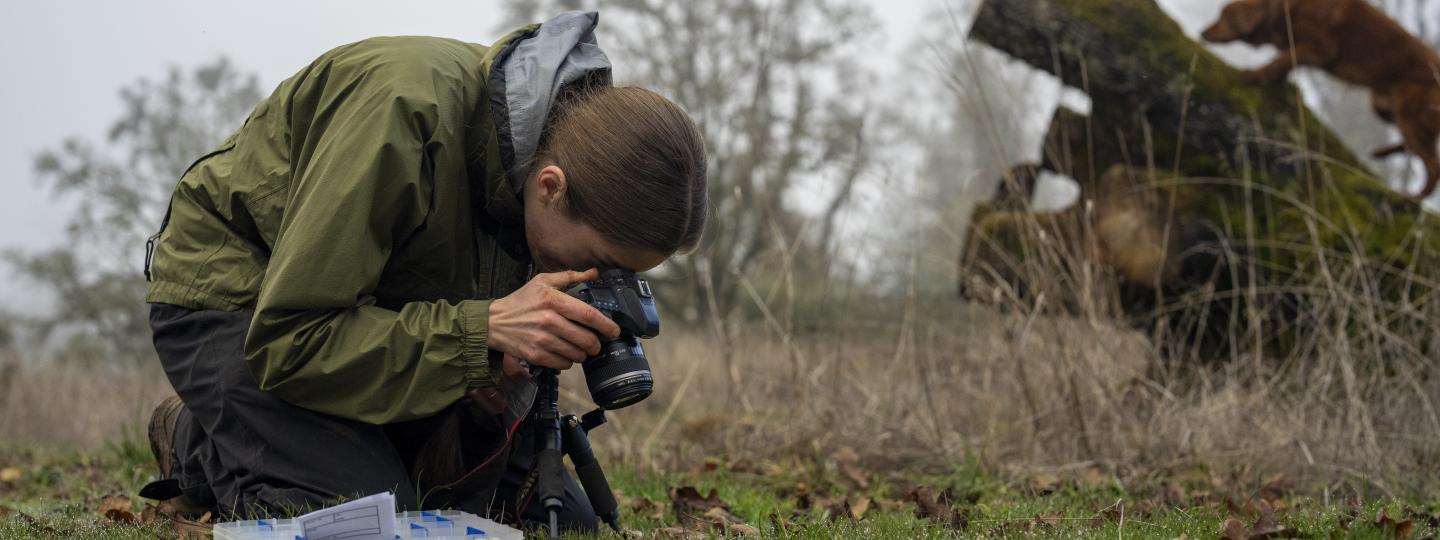
About
The Institute of Ecology and Evolution (IE²) was founded to bring together biologists, geneticists, ecologists, and evolutionary theorists to tackle fundamental questions about life’s diversity and dynamics. Originally born out of the Center for Ecology and Evolution that was started in 2000, IE² was initiated in its present form in 2010. From its beginnings, IE² has fostered an environment where field researchers, laboratory scientists, and computational modelers work side by side to understand the processes that shape organisms, populations, and ecosystems.
Our faculty lead internationally recognized research in microbial ecology, evolutionary genetics, theoretical and ecosystem ecology, conservation biology, the evolution of development, data science, and population genetics. IE² researchers use approaches ranging from cutting-edge genomic technologies and functional molecular assays to long-term field experiments and global-scale ecological modeling. Together, they investigate questions as diverse as how microbes drive ecosystem function, how genetic variation influences adaptation, how climate change shapes biodiversity, and how developmental processes evolve to generate novel phenotypes.
Graduate students and postdoctoral researchers in IE² gain rigorous training that bridges ecological and evolutionary biology, preparing them for successful careers in academia, industry, conservation, and beyond. With collaborative ties to the Institute of Molecular Biology, the Institute of Neuroscience, and the Oregon Institute of Marine Biology, IE² provides a uniquely interdisciplinary training environment that draws strength from the breadth of biological research at the University of Oregon.
Our community is supported by state-of-the-art research facilities, access to diverse field sites across Oregon and around the world, and a culture of collaboration. IE² faculty and students work together across disciplinary boundaries, reflecting the Institute’s philosophy that the most important questions in ecology and evolution are best addressed through integration of perspectives, methods, and expertise.
